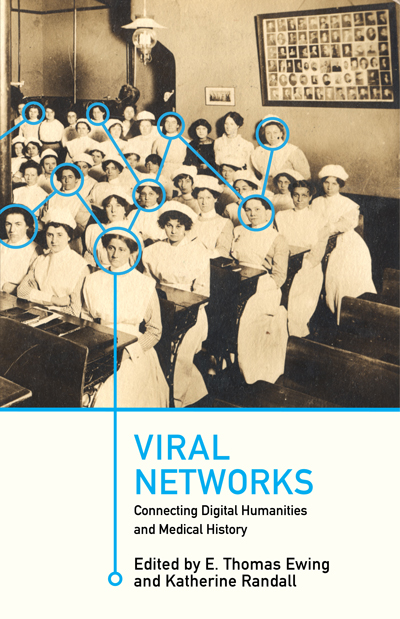QBARS - v17n1 A Seed Exchange For Society Members
A Seed Exchange For Society Members
David G. Leach, Brookville, Pa.
Eastern members of the American Rhododendron Society have periodically discussed the establishment of a rhododendron seed exchange as a function of the Society. I would like to focus the discussion into a specific proposal.
A seed exchange might be an important instrument in carrying out the purposes of the Society: to foster the cultivation of rhododendrons and disseminate information concerning them. The growing of species is very much more widespread in the British Isles than it is in America and one reason is probably the annual seed distribution of the Royal Horticultural Society. The usual history of an amateur hobbyist is that his interest passes from the commonplace commercial hybrids to the newer introduction of superior aesthetic quality and then he is captured by the charms of the species. But the majority of rhododendron species are virtually unobtainable as seeds in this country. This is a conspicuous void which the Society might fill to the advantage of its members.
One of the consequences of writing for publication is the heavy volume of correspondence which results from it. As the author of a book on rhododendrons. I know that a large proportion of inquirers write for sources of supply, and a substantial number of these inquiries is for sources of seeds. One of the species in greatest demand in my correspondence is R. prunifolium and I am obliged to respond with the discouraging information that there is no source for seeds. It does appear, then, that a need for a seed service provided by the Society does exist. Commercial suppliers can not afford to stock seeds of the rarer sorts among almost a thousand species when the market for them is largely confined to about 2,000 hobbyists. But the Society can and should encourage by this means the cultivation of species in the widest possible range.
A further consideration is the potential development of locally adaptable forms of species when they are grown from seeds. Every specialist has repeatedly observed how some plants in a seed lot of a species will be conspicuously more vigorous. and occasionally appreciably hardier than the other. Thus are species strains evolved which are adaptable to the local climate and which make possible the cultivation of that species by others in the same region. Guy G. Nearing has been a pioneer in the selection of hardy forms of species normally unsuited to the New Jersey climate and he has contributed importantly by his work. The same can be done in other region; of the East and on the West Coast.
There are problems. of course. as there are with every new project. Recipients must be warned, possibly by a printed note on the packet, that the plants produced from open pollinated seeds must be rogued as seedlings to isolate the natural hybrids resulting from insect cross-pollination with other rhododendrons nearby. But many hobbyists have no objection whatever to growing also a few of nature's hybrids, some of which have been outstanding ornamentals. One such won the top award at the Tacoma show a few years ago.
To avoid adding to the burdens of existing officers, a seed exchange could be self-financed, with the cost of the director's services paid by those who benefit from them. Perhaps those who contribute a packet of seed could obtain one of another species solely by sending a self-addressed envelope and a small service charge. This would probably enlarge the selection of seeds available. Members who do not contribute to the seed pool would pay a dollar a packet, or whatever sum would be needed to sustain the exchange. The lists of species available could be published in the Bulletin once a year to publicize the service and stimulate interest, contributions and patronage.
Perhaps the Portland Test Garden would contribute seeds from its fine species collection. One or two public institutions with sizable collections would probably cooperate.
Many other plant specialty organizations offer seed exchanges and the list of one of them seems to suggest that it has in small measure taken over for our Society by default: the American Rock Garden Society last year offered its members 1100 different lots of seeds of which 25 were rhododendrons.
It would be essential for a seed exchange to offer a good assortment of species and it would probably require several years to accumulate sources in sufficient variety to prove whether an exchange would obtain the patronage to justify its existence. But it does seem that the Society should offer such a service at least on a trial basis for some such period to determine the extent of the demand for it. There may be an opportunity in a seed exchange to greatly contribute to the purpose for which the Society was founded.
